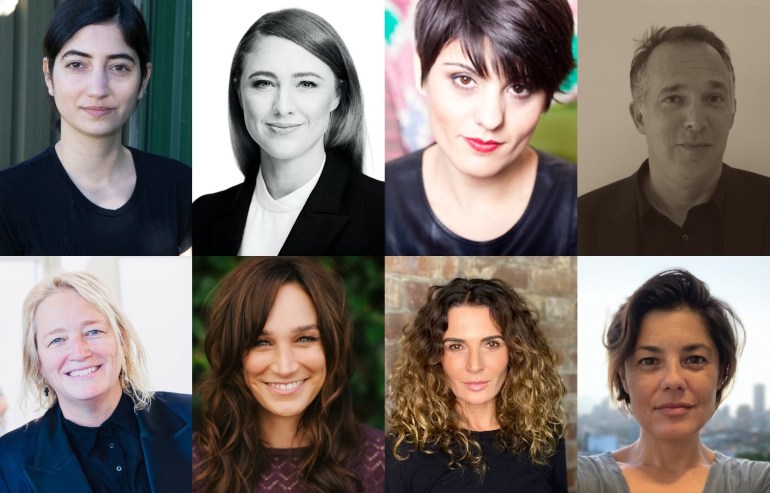Three projects from Australian filmmaking teams have been selected for the second edition of global film incubator Attagirl, which supports women and non-binary filmmakers.
Overall, seven teams will progress through to the second stage of the For Film’s Sake initiative, which has backing from Screen Australia, the British Film Institute (BFI), Telefilm Canada, the Swedish Film Institute and New Zealand Film Commission, as well as state agencies Vicscreen, Screen NSW, Screen Queensland, South Australian Film Corporation and Screenwest.
The Australian projects include:
- A Cup of Tea from writer/director Dee Dogan and producer Bethany Bruce, a comedy drama which follows a the journalistic aspirations of a Kurdish teenager who ends up spilling tea rather serving it;
- Laugh Club, from writer Lou Sanz and producer Michael Wrenn, another comedy drama which follows a comedienne who assaults a heckler after suffering a mischarge, and then ends up in community service in a community outreach centre, running the Laugh Club. The project has previously received Screen Australia development funding;
- Who’s Afraid, from writer Sarah Walker, directors and producers Nicole Da Silva and Danielle Cormack and producer Liliana Muñoz, which follows two same-sex couples who want to have a baby together but clash over how to get it right in a changing world.
Other teams hail from Canada, Portugal, South Africa, Scotland, Wales and England.
The Attagirl labs are designed to help creatives navigate development of features in the digitally disrupted age. Each of the seven teams will progress through industry facing workshops centred on three major pillars – story, market and audience.
Concurrently, For Film’s Sake is preparing to release a pilot report with data and insights from its first and second year program.
“Our preliminary findings indicate a more diverse and representative talent pipeline is dependent not only on access to funding, but crucially, access to the global industry. Gaining knowledge and networking is critical for filmmakers to understand the market readiness of their projects,” said For Film’s Sake’s executive director Sophie Mathisen.
“Efforts to diversify the pipeline have historically focused on funneling new and emerging talent into the sector. And while that’s vital, our report data suggests that redressing the imbalance of women and non-binary folx (folks) working in feature films will best be achieved by programs and policies that deliver talent retention — as well as talent attraction.
“This year’s progressing teams represent a diverse cross section of filmmakers who have clearly demonstrated their willingness and capacity to adapt their projects for specifically targeted audiences. We’re thrilled to be supporting an exciting cohort of established, mid career as well as first time feature filmmakers.”
Other teams selected include:
- Feed by writer Stephanie Johns and director/producer Nancy Ulrich
- Spring Tide by writer Jodie Ashdown, director Amy Coop, and producer Daniel Harris
- Medium Beluga by writer/director Laura Bergeron, producer David Baeta, and producer Simon Madore
- Big Fish by writer/director/producer Victoria Thomas, producer Eliane Ferreira, and producer Cati Weinek
Australian project Seeing Scout, from director Tanya Modini and writer and editor Stephanie Dower, was co-winner of the production prize from the inaugural Attagirl lab. Deemed the most ‘market ready’ project, it was granted $25,000.


